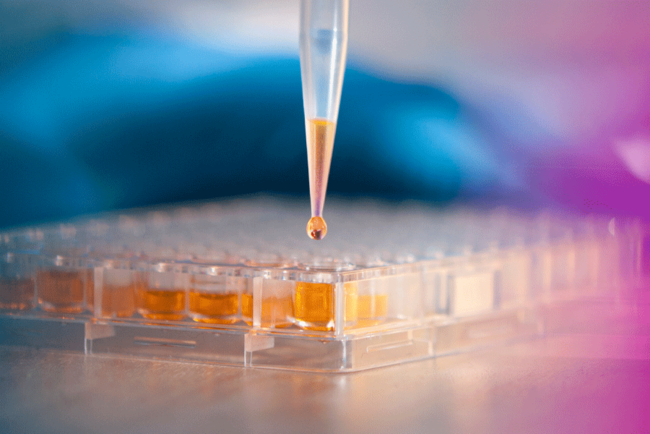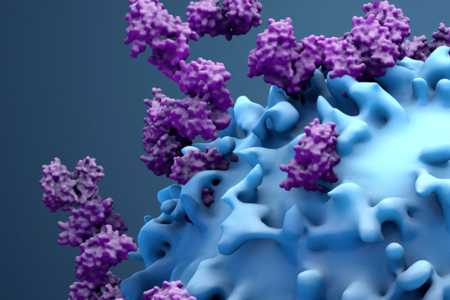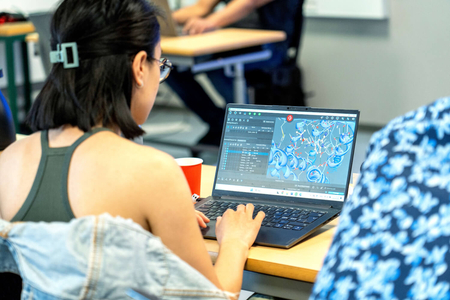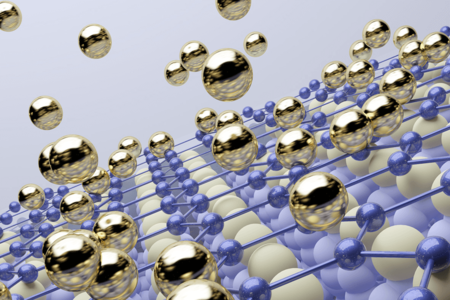If you have a Bachelor’s degree other than those listed above, you must submit additional documentation along with your application so we can evaluate whether or not you meet the admission requirements. Learn about when and how to apply.
If you have a Bachelor’s degree, Professional Bachelor's degree or equivalent from Danish or international universities are qualified for admission if your programme includes the following:
- Each element must include experimental laboratory exercises including laboratory safety:
- General and inorganic chemistry - 20 ECTS minimum
- Organic chemistry including synthesis - 22.5 ECTS minimum
- Analytical chemistry and spectroscopy - 7.5 ECTS minimum
- Physical chemistry and physics including quantum chemistry - 20 ECTS minimum
- Mathematics - 15 ECTS minimum
The elements must account for a total of 85 ECTS minimum.
We may also admit applicants who, after an individual academic assessment, are deemed to possess educational qualifications equivalent to those required above.
Qualifying degree and other courses/projects
When we assess whether you meet the admission requirements for the Master's degree program, Danish legislation only allows us to assess your Bachelor's degree. Consequently, you cannot study supplementary courses between Bachelor's and Master's degree programs in order to meet the admission requirements.
If you have passed courses/projects before you complete the qualifying Bachelor's degree, these can be included in the assessment, even though they are not part of the Bachelor's degree program.
- It applies to courses/projects you have taken as single subjects and courses/projects you have taken as part of another study program.
- A maximum of 30 ECTS of these courses/projects may be included.









